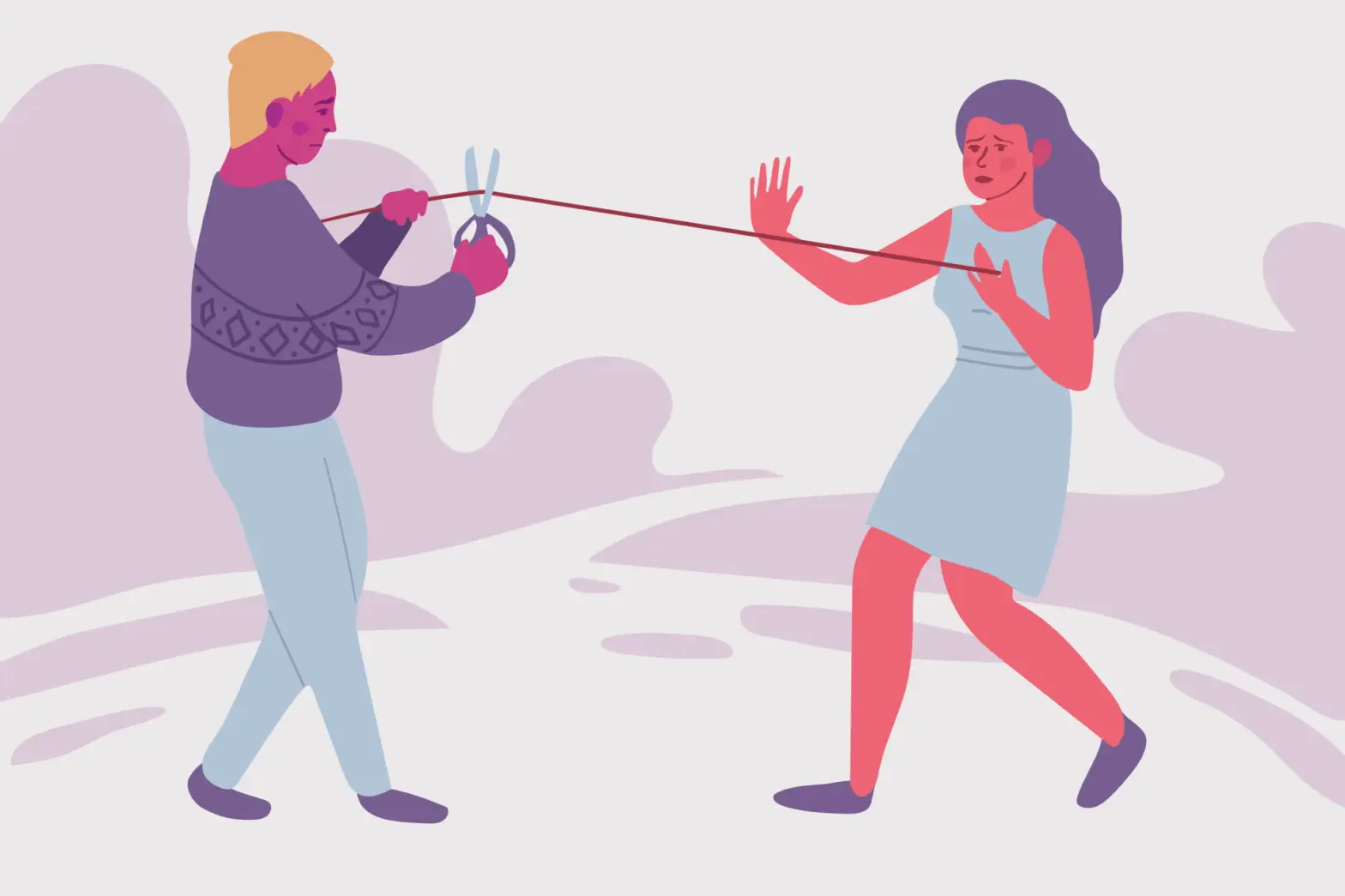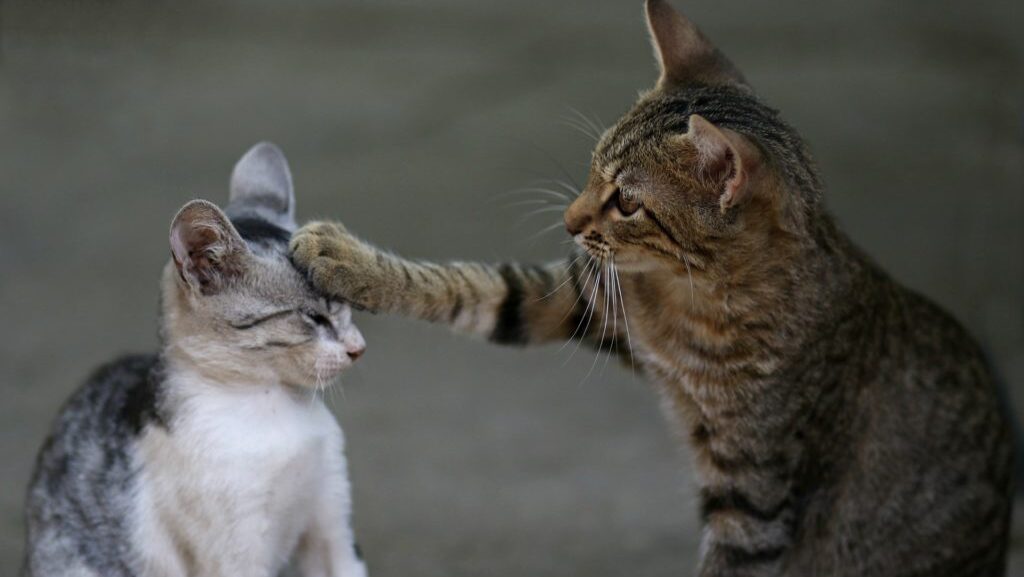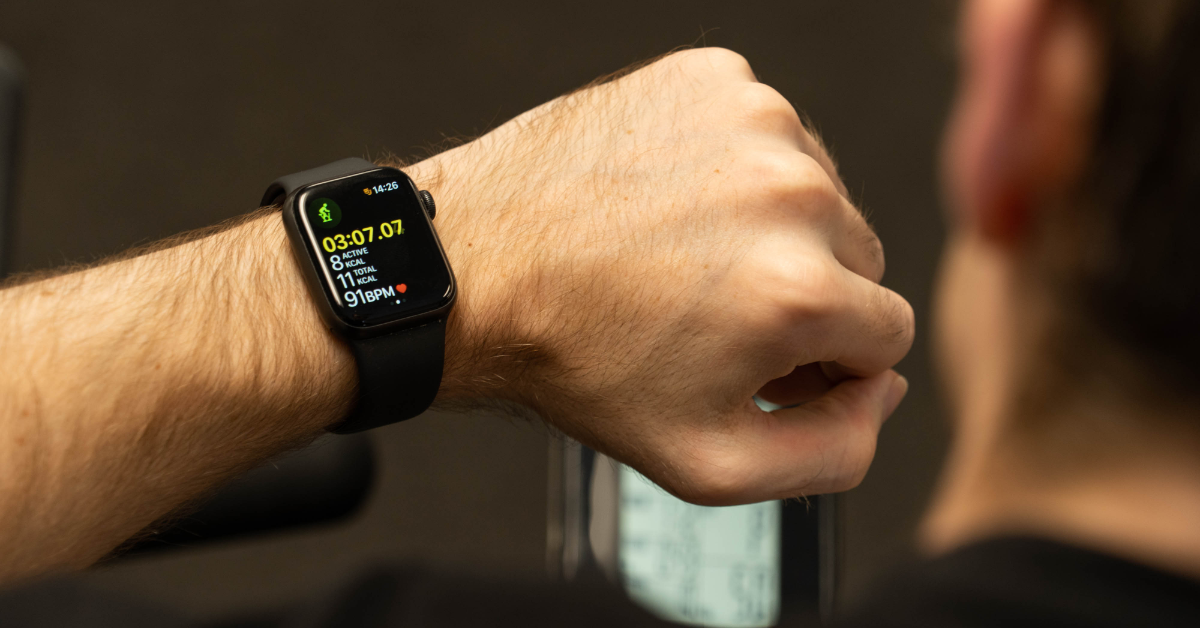After reading an article in The Atlantic by Elisa Strauss titled “The Myth of Codependency,” I began to wonder: what in the hell do we mean by the term codependence?
Codependence is simply a term, no different than “narcissistic” is a term. There’s a tendency to use terms like these in generalized and wrong-minded ways until the misuse supplants the “official” definition.
My position is that we, of course, invent these terms to begin with. They are descriptions of what we think we see, and we should never confuse a diagnosis with the actual complexity of human behavior.
Interested in bespoke marriage and relationship counseling from Mel Schwartz? Reach out!
Therefore, it’s important that we ask each other, and ourselves, “What do I mean by this term?” Otherwise we risk creating confusion, disorientation, and potentially, conflict.
What Does Codependence Mean?
The use of the word varies. I believe at the heart of the term is the notion one may be too dependent.
If you’re too dependent, you’re out of balance. You don’t have a sufficient sense of your own self, or there’s been a loss of your own self, or a marginalizing of your own self.
As a result, people who see themselves as being in a codependent relationship often see the other, their partner, their spouse, as too controlling, too manipulative.
A balancing is required.
Is Love Codependence?
Love is codependence, isn’t it? If you love one another, you both “beat as one,” as it were. You’re not okay if the one you love isn’t okay.
Love wouldn’t exist without that healthy degree of entanglement or engagement with each other. Otherwise, we’d be separate objects. There wouldn’t be love.
Is that a healthy codependence?
Childhood Roots
It’s worth reminding that codependence doesn’t require a romantic relationship. There can be friendships and familial relationships that are out of balance and codependent.
Indeed, the whole issue of codependency may have its roots in our sense of attachment, or lack thereof, in childhood.
A baby or young child is, of course, codependent. That’s a healthy attachment. It’s only through a healthy attachment, and progression through it, that we move on to the place Carl Jung referred to as individuation, in which, as young adults we may love and care for our family and our parents, but we move out into the world okay on our own, feeling autonomous.
But in relationships, romantic relationships in particular, there’s this sense of “my other half.” That sense of not being complete on one’s own is certainly codependence.
Independence, Dependence, and Autonomy
I wrote an article years ago called, “Are You Independent, Dependent, or Autonomous?”
An independent person isn’t sufficiently vulnerable or present enough to engage in a truly intimate emotional relationship.
A dependent individual will, of course, be codependent. They’re only okay if they feel loved, appreciated, and liked by the other, which means sabotaging their own sense of self to elicit the feelings needed from the other. At the heart, that speaks to me of codependence.
The goal is to reach the third category: autonomous. “I’m good with me. I’m working on me. I am an evolving human being, and I am fully available and prepared to relate deeply and intimately with another.”
Two autonomous people are safe from becoming codependent.
Seek Balance
Do you try to fix other people’s problems?
Why?
As with all things, it’s a measure of degrees.
If you care for people and try to help them with their problems, that sounds healthy.
But if you need to fix other people’s problems, you’ve set up a kind of reverse codependence in which you’re only okay with yourself if you’re helping someone else.
People in relationships with those struggling with addiction issues may suffer codependence, asking how are they doing with their addiction, are they doing better, does it look like there’s success on the way?
Of course, those issues in someone you care about will have an impact. It’s all about balance between self and other.
Relationships are enmeshed. They are about a shared energy. We should be impacted by each other, but not to the extent that the impact knocks us out of balance with our own self and that we’re trying to elicit or solicit certain feelings who make us okay with our own self.
It’s like being on a seesaw. It’s okay to be slightly higher or slightly lower, so long as the energy is traded equally and there’s a common middle.
Autonomous Unity
Remember, love is a feeling of oneness. But in that oneness, you are two autonomous individuals who have merged in the feeling of love and oneness.
Don’t confuse oneness with a lack of self or a lack of individuation. A healthy loving relationship requires two individuals who have individuated successfully, so they feel at one with themselves.
Women and Codependence
There is an aspect of the term “codependence” which very much has to do with the traditional role of women in our culture, which feminism brings to light.
If you don’t love me and I want to feel loved, am I then codependent? Do I need to look at the relationship through that filter? Is there a fear of abandonment? At the heart of that is also the question, “Am I lovable?”
The feminine archetype has shifted. A woman is no longer solely responsible for the children and the home. The feminine mystique has moved into the archetype of autonomy and this has further created a shift in traditional roles between partners.
Mutual Reliance
Another way of looking at codependence is the term “mutual reliance.”
What do we mean by mutual reliance?
The expectation that someone will be truthful and supportive and available in a reasonable way, and that one will reciprocate in kind.
But again, the word “reliance” can slip into “dependence.” The question is, are we healthy, autonomous individuals? If we are, that sets up an interdependence.
“I am okay with me. You are okay with you. And we impact each other.”
There’s a shared energy, an interdependence. If something happens to the relationship that may cause grief, fear, upset, we will both be okay.
Choose Subjective Expression Over Diagnostic Labels
Let’s be cautious using the term “codependence.” Don’t label yourself or the other person. Labels dumb everything down.
Instead, explain how you feel.
“I’m feeling unloved” or “I’m feeling needy for your love.”
Rather than asking yourself, “Am I codependent?,” approach the issue from a different perspective:
“Do I feel codependent? Do I hesitate to share how I feel out of a concern for how I’m going to be seen by my partner, my lover, my daughter, my father? Or do I feel free to express myself regardless of how the other person may respond to me?”
That’s healthy autonomy, and very different from feeling codependent.
Try to express yourself through subjective feelings and let go of the diagnostic terminology.
More from Mel
Podcast #135: What in the Hell Do We Mean by the Term Codependence?




